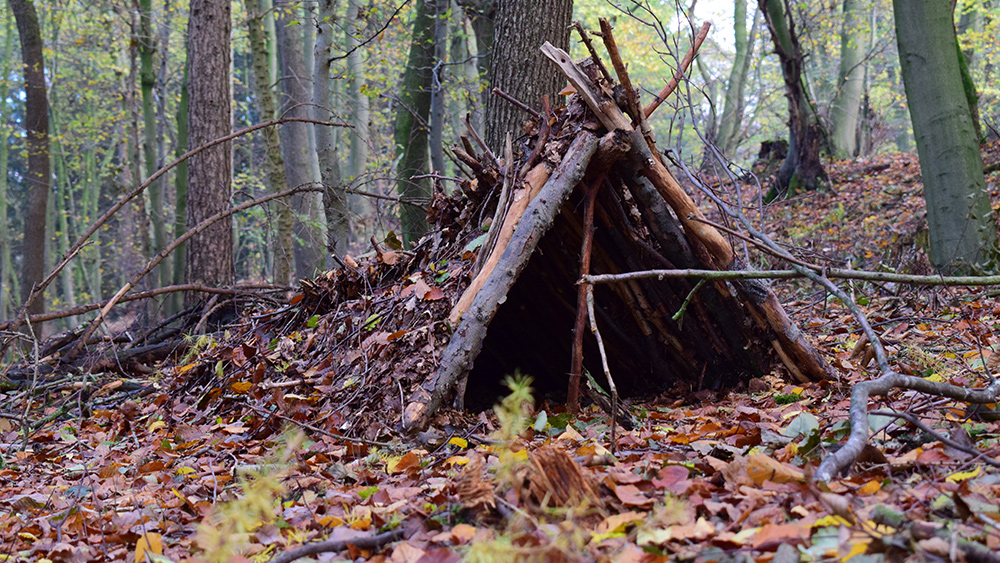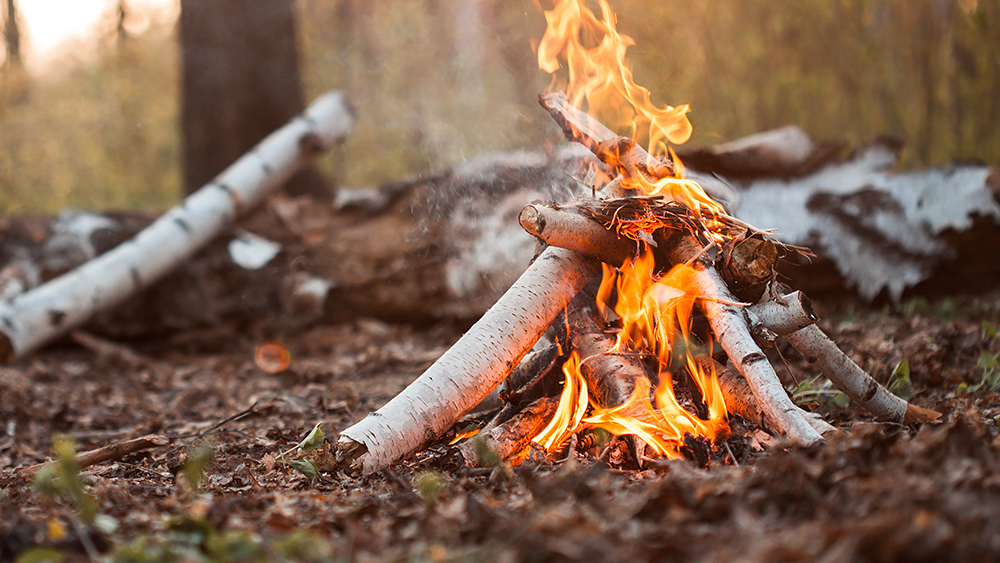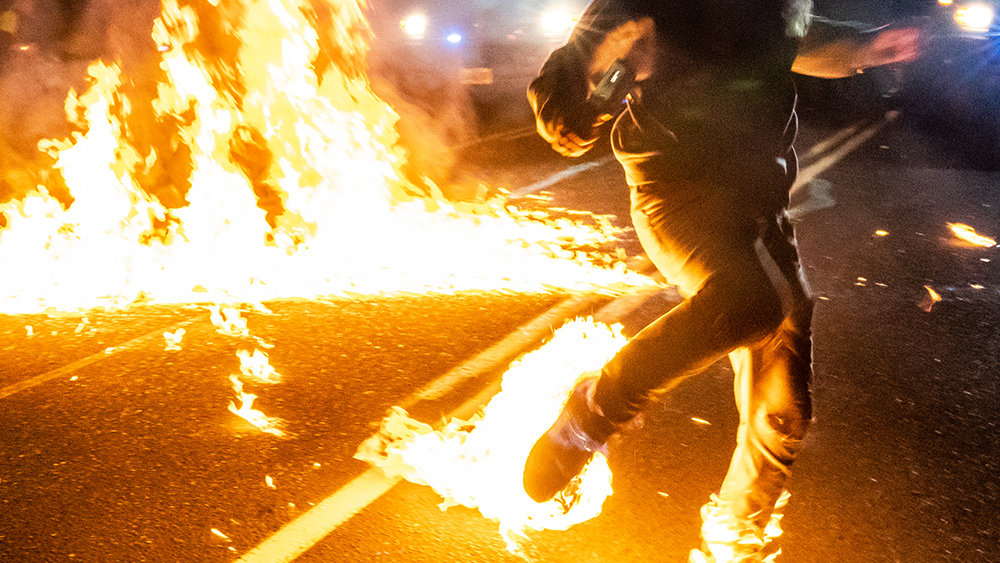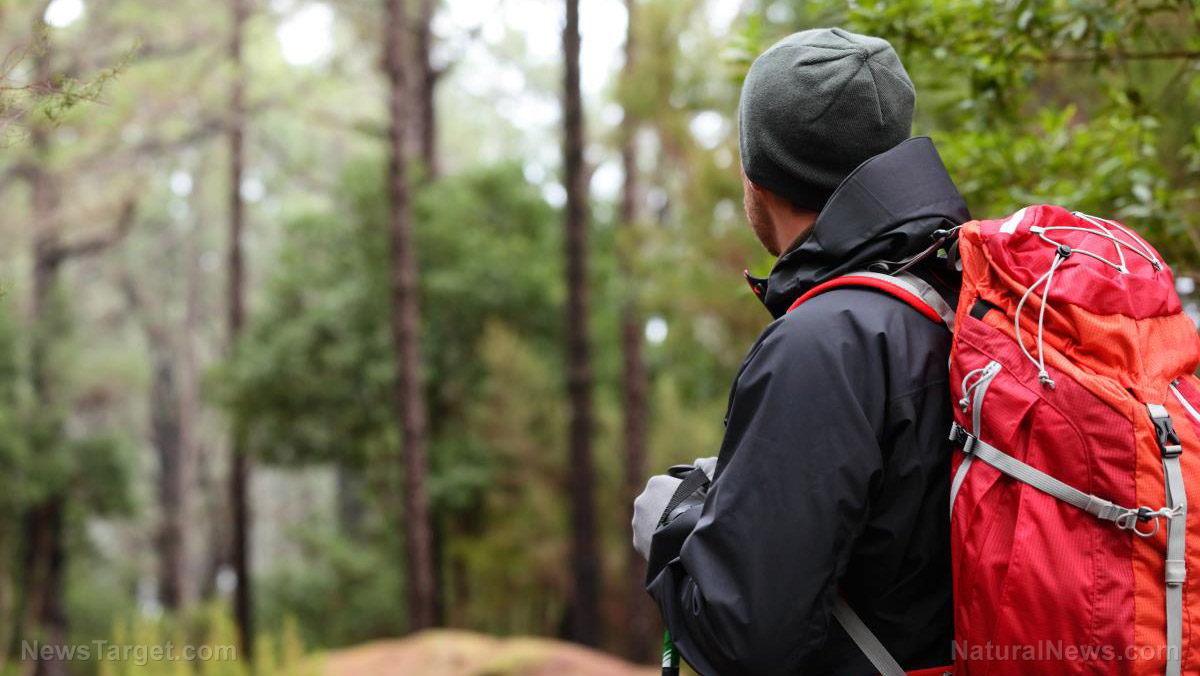
Camping is a fun and relaxing way to tap out and spend time with nature. But it can also prepare you for real emergencies, especially when you find yourself in an SHTF situation where you have to leave your home. In cases like this, preparation is crucial to maintaining your health, comfort and safety.
One of the most important things to consider when camping -- for fun or for emergencies -- is to make sure you have something to protect you from the elements. In this case, a high-quality tent is your best bet.
There are plenty of different tents on the market. When buying a tent, be sure that you pick a sturdy one that can reliably last you for years. You should also consider how many people you are going camping or living with in an SHTF situation.
Choosing the proper tent
When it comes to emergency preparation, your SHTF survival plan will depend on your household's needs. A lot of people would prefer larger tents for their entire family, but for emergency situations, you may also want to pack several smaller tents in your bugout bags in case you get separated from others in your household.
Smaller tents have their own perks: for instance, they are easier to carry, set up and take down. That said, you want to avoid ultralight tents: while they can shave pounds off your bugout bag, they may be too fragile for prepping or emergency use. (Related: Camping: A great way to practice how to live after SHTF.)
If you think you want a longer-lasting tent that will be sturdy enough to use for longer periods, there are a lot of high-quality tents on the market, and some of them are good for larger groups. There are some with four to six windows, depending on the size that you get. Some tents are durable enough to use during any season and lightweight enough to take on backpacking trips.
Some tents also include stove jacks that you can cover up. Canvas tents are made of stronger, waterproof and more durable material that is also reinforced at the bottom to guard against leaks.
Pros of having a tent in your SHTF survival bag
Tents are not always easy to set up, especially in harsh conditions, so you'll have to plan ahead, keeping an eye on the weather if you don't want to worry about protection from the elements. Good quality tents are fully enclosed and can protect you from wind, rain, sun or even snow.
Tents will also offer great protection from animals in the wild, such as mosquitoes and snakes. They also offer more privacy, especially if you end up camping in a crowded evacuation area. Plus, it adds some security to your gear and other valuable items that you may have been able to carry.
When putting your plan together, practice evacuating the house and meeting at designated safe spaces. Review the plan with everyone living in your home, and make sure that when an emergency does occur, everyone knows what to do and where to go.
Preparation is the key to staying safe, healthy and comfortable in times of emergencies, so start planning as early as possible, and get your emergency housing situation ready for when SHTF.
Learn how to survive when SHTF at Survival.news.
Sources include:
Please contact us for more information.





















